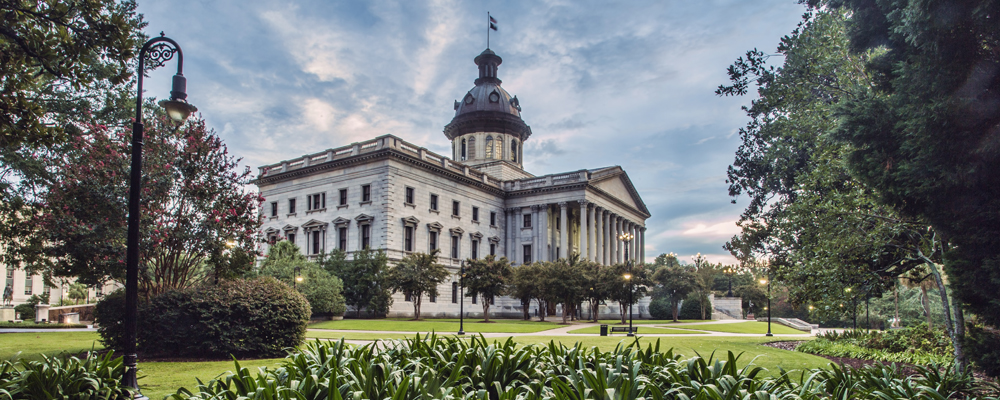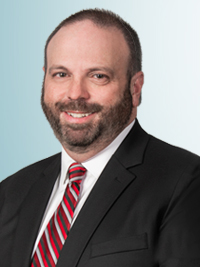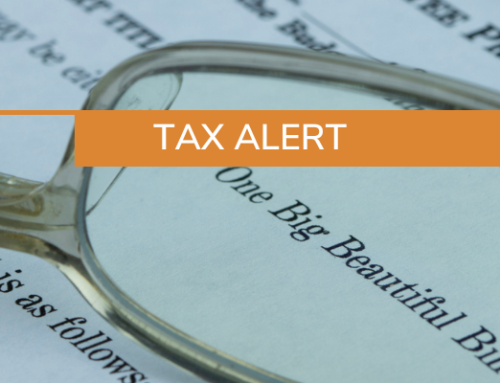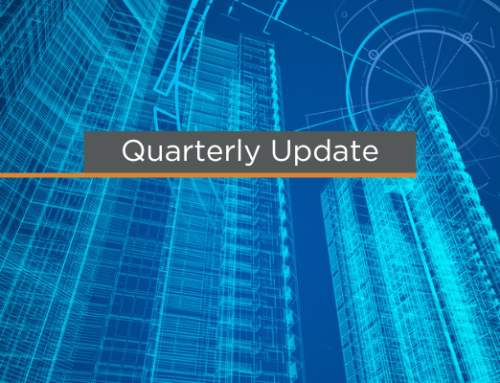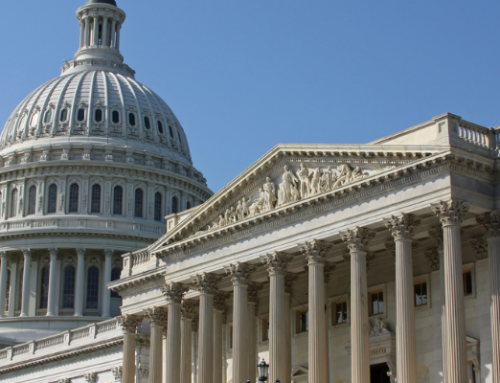South Carolina joins more than two dozen other states to enact tax cuts since 2021. The state’s new budget cuts the income tax rate, gradually implements a flat tax, and provides $1 billion in tax rebates for resident taxpayers. Up until now, South Carolina has had the reputation of having the highest income tax rate in the southeastern U.S., a moniker that lawmakers were happy to discard. Especially as neighboring states lowered their taxes even further, passing some version of tax cuts in 2022 seemed almost a certainty.
On preparing to send the bill to Governor McMaster, one Representative remarked that about one-third of South Carolina taxpayers will see their entire state tax liability removed. The final spending bill combines two separate proposals from the House and Senate, marking a win for the legislature and for taxpayers as well.
Tax Cuts
South Carolina’s current top state tax rate is seven percent. The new spending plan will immediately lower that to 6.5 percent for the 2022 tax year.
Over the next five years, the top rate will gradually decrease 0.1 percent every year until it’s six percent, provided the state economy meets certain performance measures. To achieve the rate tax reduction, state revenue must be projected to increase by at least five percent relative to the previous year. In years where state revenue falls, the top marginal tax rate would stay the same as the prior year.
The eventual six percent rate was a compromise; the state Senate originally called for a top marginal tax rate of 5.7 percent.
Taxpayer benefits in SC will vary widely on how much tax savings taxpayers will see in the first year, as the top tax rate goes from seven to 6.5 percent. One SC tax savings calculation example from South Carolina’s Revenue and Fiscal Affairs Office shows that a taxpayer with $90,000 to $100,000 of taxable income will see a tax bill that’s $617 lower in the first year
Consolidated Tax Brackets
The top tax rate isn’t the only one coming down. South Carolina’s tax brackets will combine into just three tax brackets for a simpler tiered system.
Up until now, South Carolina has had six tax brackets. Moving forward, the bottom three brackets will be combined, and the new tax rates will either be zero percent, three percent or six percent (at the end of the five-year period) with most taxpayers in the six percent bracket.
Tax Rebates
One-time tax rebates are on top of the tax cuts discussed above.
To qualify for a rebate, residents must pay state income taxes. From there, the refund amount will depend on the taxpayer’s state tax liability. The rebate reimburses taxpayers for state income tax already paid, up to about $800 per taxpayer. A higher rebate could be authorized for eligible taxpayers if there are enough funds remaining to do so after the initial calculations.
Rebates will be mailed sometime between late November and early December with a requirement that all rebates must be issued by December 31, 2022. These tax rebates are costing SC about $1 billion.
Around 44 percent of South Carolina residents either don’t pay state income tax or don’t have a state tax liability, meaning they won’t get a rebate check for 2022.
Nationwide Tax Cuts
Like other states, South Carolina found itself with a cash windfall after all the COVID relief funds were distributed. Those extra, one-time funds combined with better-than-expected economic performance during the past two years left the legislature with a lot of extra money on their hands during the budget development process The legislature decided to allocate some of those excess funds to the taxpayers through the tax cuts and one-time rebates.
A similar scenario is playing out across the country. Neighboring states like Georgia and North Carolina have already passed tax cuts in various forms. Georgia’s tax reform is expansive and includes a top rate cut from 5.75 percent to 4.99 percent. North Carolina’s flat rate, which is already among the lowest in the region, is on its way to 3.99 percent in 2026 (its current rate in 2022 is 4.99 percent).
Lowering taxes has been a bipartisan effort thus far. Most states that lowered taxes since 2012 have seen higher economic growth, more jobs, and higher collections. In short, when they became more competitive and tax-friendly, people and businesses were more likely to move there.
To help offset future concerns about the sustainability of the tax cuts, South Carolina set aside $1 billion from unspent funds for state reserves.
Governor Vetoes
As is the case with most state budgets, it’s a back-and-forth process between the two chambers of government and the governor. For the state spending plan set to take effect on July 1, Governor McMaster vetoed 73 provisions worth about $53 million. The General Assembly voted to overturn 26 vetoes and keep those provisions in the budget. Even at that, the governor had always supported these tax cuts and tax rebates.
Manufacturing Tax Cuts
Individuals aren’t the only ones getting a tax cut in 2022 and beyond. Manufacturer property taxes are going down, too.
The effective property tax assessment ratio for manufacturers will decrease from the current nine percent to six percent starting in 2022. The property tax rate drop is due to a partial exemption that applies to all manufacturing property. Many manufacturers will see about a 33 percent lower property tax bill as a result.
Statewide, manufacturers can collectively expect a $100 million savings from this measure. Local governments will receive up to $170 million in reimbursements per year to offset the manufacturing property tax exemption.
State Tax Exemption for Military Retirement Income
In other related tax legislation passed in May, South Carolina joins 35 other states, including neighboring states North Carolina and Tennessee, in providing a full state individual income tax exemption for veterans receiving military benefits. The previous tax law only allowed for a partial exemption in South Carolina for veterans who had served 20 years. South Carolina is home to nearly 400,000 veterans and 63,000 military retirees.
For questions about this recent South Carolina tax reform, contact Charles Dean Smith, Jr., CPA in New Bern, NC.

